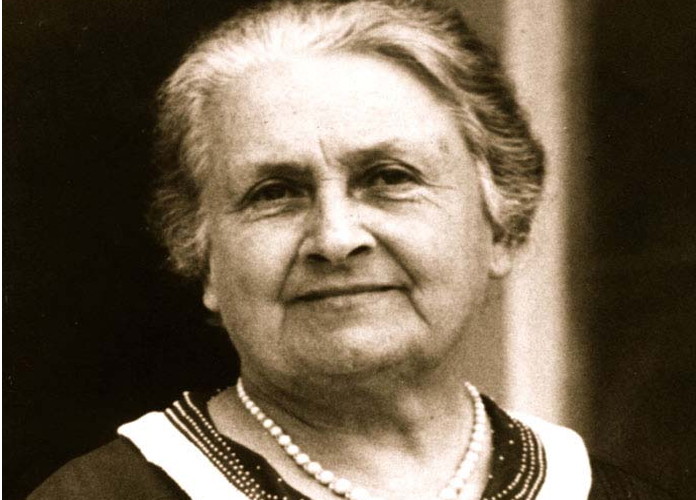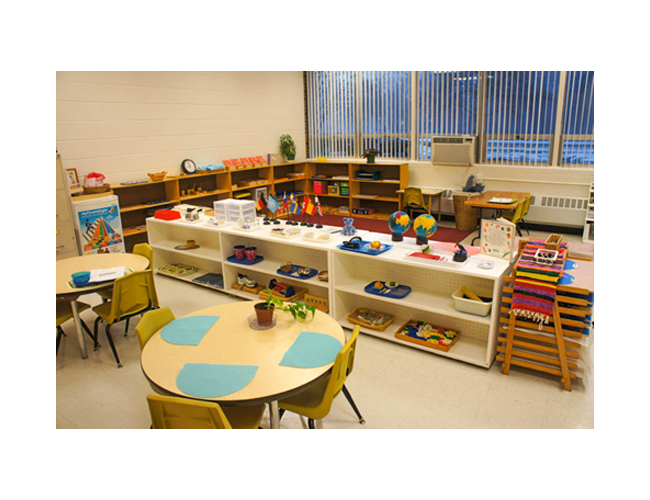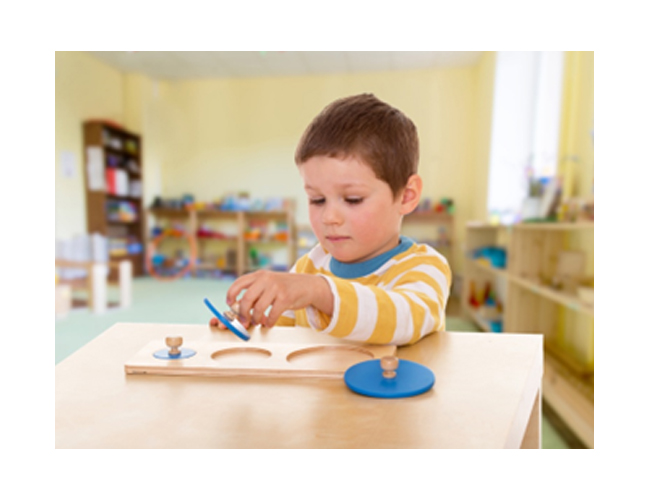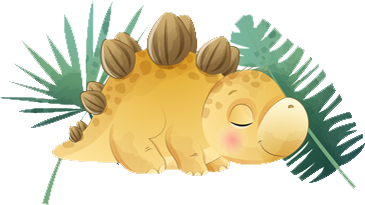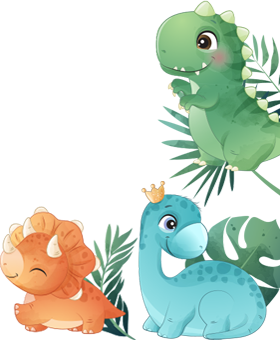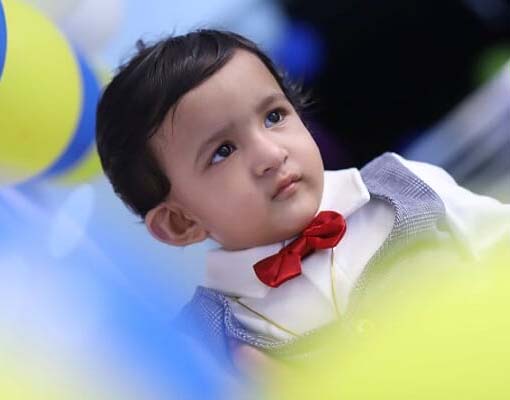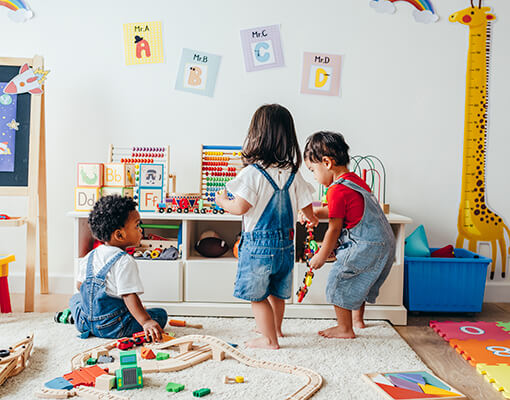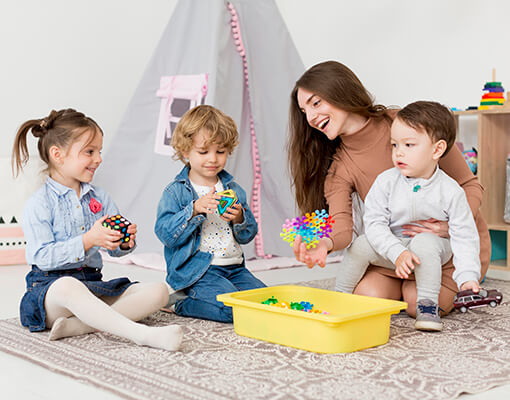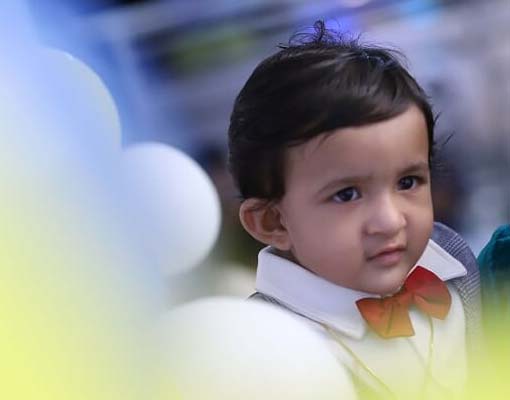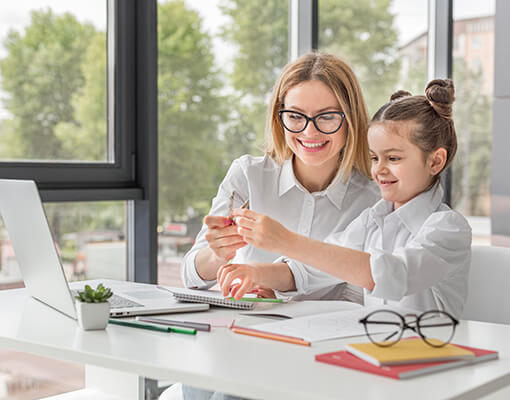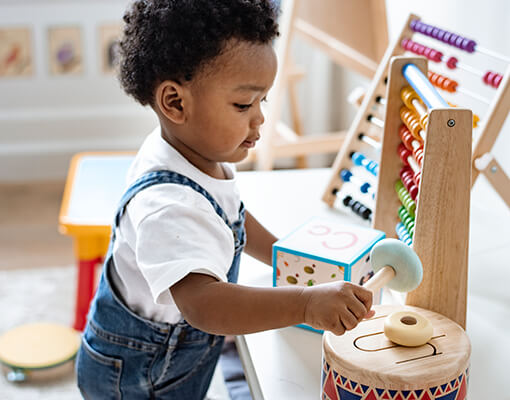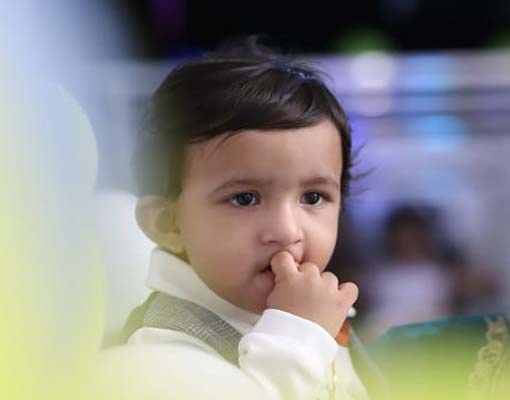About Montessori
Montessori education is a child-centered approach that values the unique potential of each individual learner. Developed by Dr. Maria Montessori in the early 20th century, this innovative method fosters independence, creativity, and a lifelong love of learning. At its core, Montessori education respects the natural development of children, recognizing their innate curiosity and desire to explore the world around them. In Montessori classrooms, students are empowered to learn at their own pace, following their interests and passions while engaging in hands-on activities with specially designed materials.
Key principles of Montessori education :
Child-Led Learning:
Students take an active role in their education, choosing their
activities and working independently or collaboratively with peers.
Prepared Environment:
Classrooms are carefully arranged to promote exploration and
discovery, with age-appropriate materials accessible to children at all times.
Mixed-Age Grouping:
Students of different ages learn together, fostering a sense of
community and allowing for peer mentoring and social development.
Respect for the Child:
Montessori educators honor each child's individuality, providing
guidance and support while encouraging autonomy and self-expression.
Holistic Development:
Montessori education emphasizes the development of the whole
child—cognitive, social, emotional, and physical—through a balanced curriculum that
includes practical life skills, sensorial exploration, language development, mathematics,
science, and the arts.
